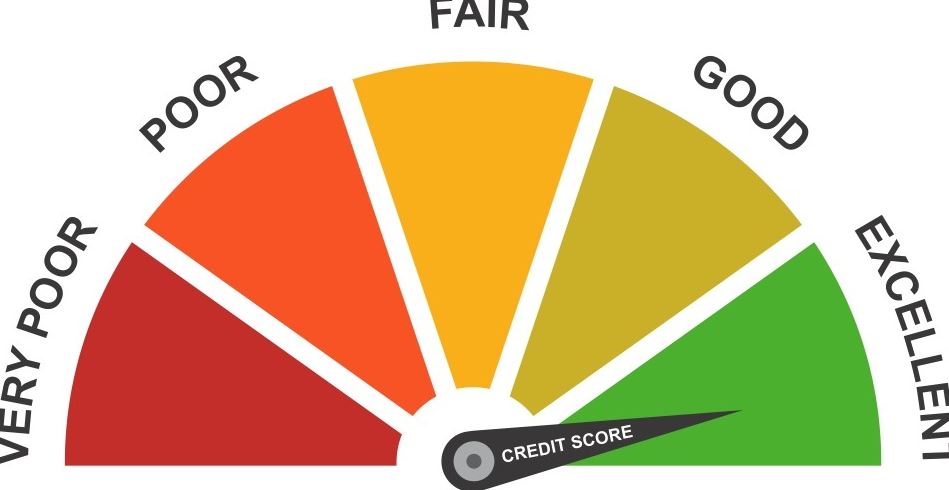How Credit Ratings Affect Loan Disbursement
Before issuing any loan, banks and microfinance organizations are reinsured. They try to find out more about a potential borrower: they create questionnaires, pass them through bank scoring.
Nowadays, it is quite common for financial institutions to check the credit rating of clients through credit bureaus. Also, before taking a loan online or a cash loan, users can check the credit rating on various platforms.
common for financial institutions to check the credit rating of clients through credit bureaus. Also, before taking a loan online or a cash loan, users can check the credit rating on various platforms.
How Credit Rating Works
Borrowers’ credit ratings are based on their credit history. A credit history includes many factors: what credit services and how many people used, how many credit cards they have, whether there were delays in payments and how much, etc.
Credit rating is a certain number of points, from 0 to 1000. All of them are based on the credit history of a potential borrower. Above average credit rating starts from 400 points, with such a rating you can already count on getting a loan. But the higher the rating, the more likely you are to get a loan with favorable conditions, for example, at lower interest rates or with a lower cost of insurance.
All this information is collected in special institutions – credit bureaus. They have the right to store information about borrowers and provide it to banks and microfinance organizations. However, the credit history, especially of active borrowers, may contain more than 30 loans, which take a lot of time for the bank’s specialists to analyze. To speed up the procedure for making a decision on a loan, banks ask the bureau for a credit rating.
How to Improve Your Credit Rating
To improve your credit rating, you need to pay attention to the following.
Check your credit history for errors. Sometimes banks do not have time to submit information on debt closure before you start applying for a new loan. This can be the reason for your new bank to refuse to issue a loan since you have a bad credit history. Also, information about borrowers-namesakes can be duplicated in both credit histories at once: so you may have debts on loans that you did not take. To avoid such mistakes, check your credit rating beforehand.
Get a credit card if you don’t already have one. Using credit cards increases bank loyalty. Therefore, if you start using the credit card of the bank where you plan to take out a loan, this may increase the likelihood of a positive decision on the application. Also, credit cards sometimes open up profitable opportunities – for example, promotions or cashbacks.
Watch out for debts. Delayed loans worsen your credit history. To repay loans on time, you can use grace periods and loan renewals. Many banks and MFIs offer such services.…

